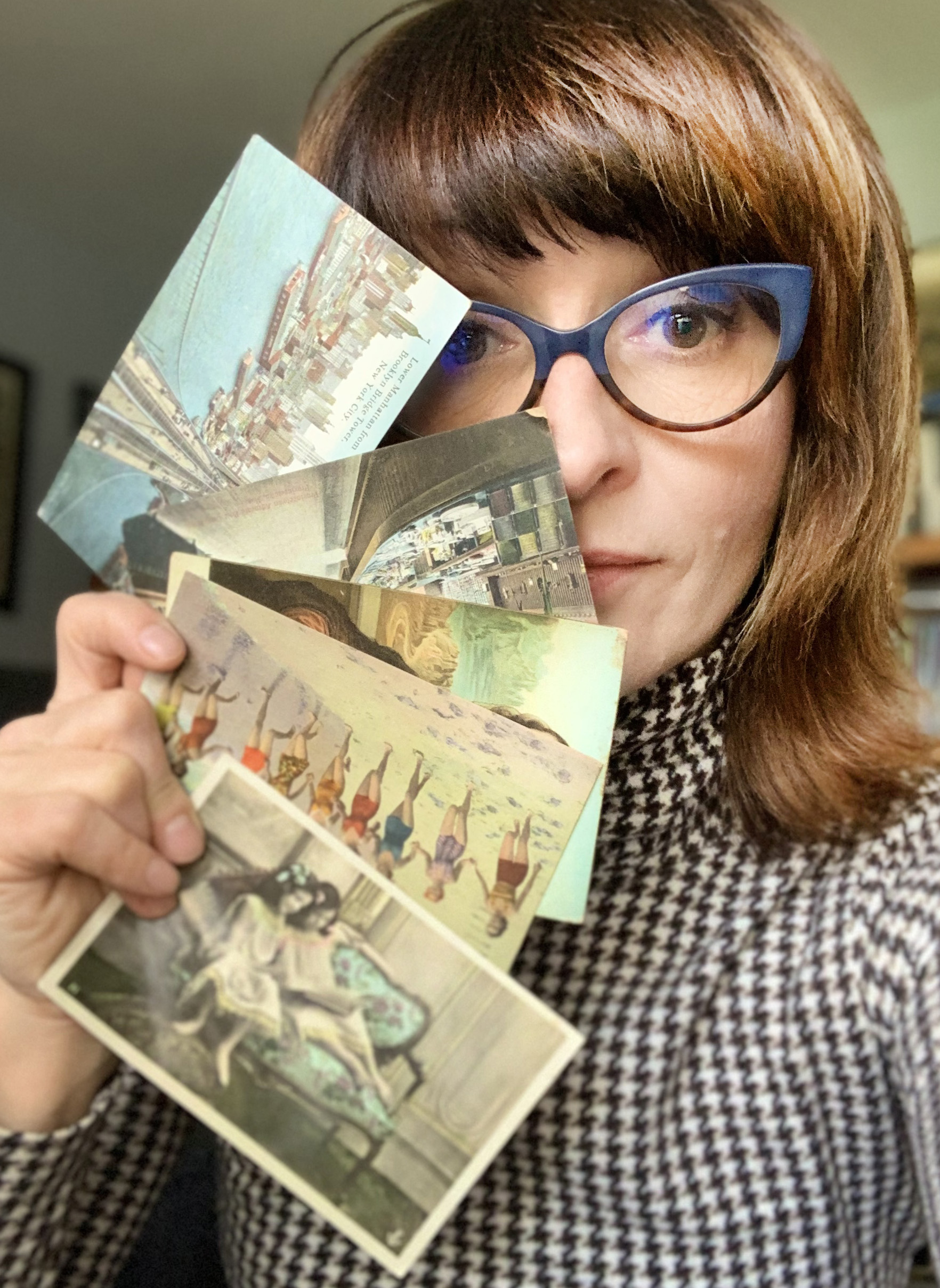
Ania Michas
PhD Candidate, ABD
Advisor: Stewart Weaver, Jacob Lewis
Major Fields: My major field of interest is modern European history from a micro-history angle. I am particularly focused on the intersections between social, political, and cultural history. I enjoy exploring the subject from a broader, more inclusive perspective—beyond the viewpoint of the white, male, American and Western European focus of the past—in such depth that enables me to illuminate the culture and society of a chosen moment.
Minor Fields: My minor fields of interest are the history of photography, and the media akin to and dependent on photographic technology, like film and printing technologies. I am very interested in the growing potential of harnessing digital technologies into humanities subjects (like English, history, and modern languages). In addition to streamlining and accelerating research, digital technologies contribute to the dissemination of knowledge.
Research Interests
My study includes modern European history and the democratization of art enabled by photography and print media. My dissertation examines the use of postcards by women as a tool for their emancipation and explores the role that postcards played in the development of feminist ideas. I am interested in how postcards served democracy as a “common experience” of communication and collecting.
Dissertation
Little Things: Postcards as a Persistent Medium for Women’s Voices, 1900 – 2020
Education
PhD Student, Department of History and Graduate Program in Visual and Cultural Studies
MA University of Rochester, History
Andrew W. Mellon Advanced Residency Program in Photograph Conservation, Image Permanence Institute, Rochester Institute of Technology, and George Eastman Museum, Rochester, NY
Postgraduate Study in Culture Management, Warsaw School of Economics, Warsaw, Poland
MA, Nicholas Copernicus University, Torun, Poland, Conservation and Restoration of Art.
Selected Publications
Teaching
- I served twice as a teaching assistant in 2018. From 2014 until 2017, I was an instructor for workshops on the history and identification of photomechanical printing for graduate students of Photographic Preservation and Collections Management Program, University of Rochester and George Eastman Museum, Rochester, NY.
Honors
Bio
- Prior to enrolling at the UR in the Fall of 2015, I had a career in the preservation and restoration of art. I am trained in conservation and restoration of artifacts made of various materials, including paper and leather, and later, photographs. In addition to running the Preservation and Conservation Department at the State Archives in Krakow, Poland, I cooperated with various institutions and organizations––both national and international––to teach about and promote safe storage, proper handling, and access to collections for museum, library, and archives.
- My professional goal is to expand and promote our understanding of popular art and its role in the “common experience” of many people. I want people to appreciate that the media of everyday life––such as print materials, advertising, and especially, postcards––are invaluable sources of historical knowledge and forms of expression for people, regardless of their education, race or gender. Popular at various times, in both the twentieth- and twenty-first centuries, these materials have the potential to influence scholars, and broaden their views, particularly in regard to civic awareness and women’s emancipation. My goal is also to become fluent in English at the academic level.
- There are countless reasons to place Rochester highly in the world of culture, history, and education. The George Eastman Museum is a priceless photographic history resource that I have had an opportunity to become very familiar with. In addition, the research and technology infrastructure at the Rochester Institute of Technology is a significant resource, too. Access to the knowledge and experience of many current and former Kodak employees is another. Most important of all there is a faculty of experts at the University of Rochester.
